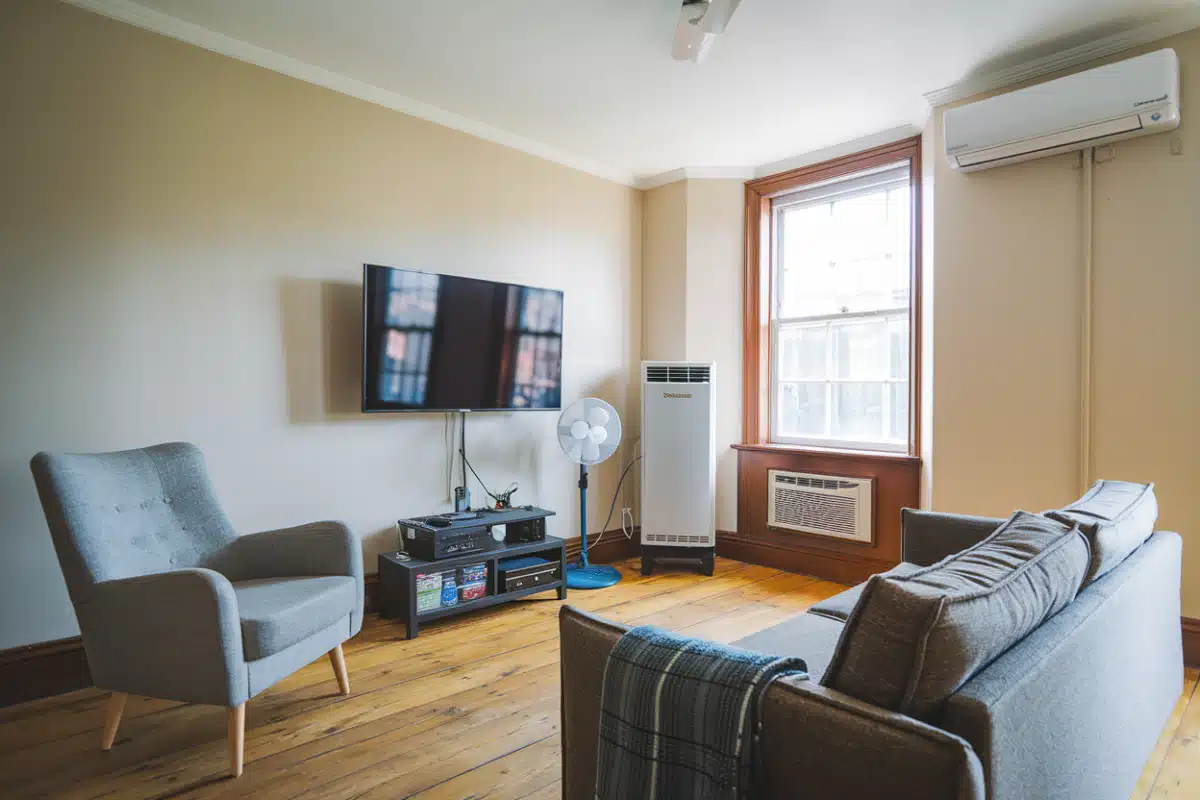The cost of living crisis continues to strain budgets, especially for retirees on fixed incomes. Practical tips from consumer watchdogs emphasize small but impactful adjustments to reduce energy consumption, offering potential savings during challenging times.
Energy Costs : The Standby Appliances to Look For
Consumer advocates have identified wireless speakers, smart speakers, and sound bars as major culprits for draining energy even when not in active use. According to Which?, these devices can add up to £6 annually per appliance for standby consumption—an often overlooked expense.
Additional savings can be found by assessing other standby-dependent gadgets. For instance, gaming consoles, PCs, and even second fridge freezers may cost households up to £40 or more per year. By unplugging non-essential devices, retirees can reduce unnecessary electricity usage while maintaining household comfort.
Practical Adjustments for High-Use Appliances
Beyond standby electronics, energy-intensive appliances such as tumble dryers are a key focus. Consumer experts recommend air-drying clothes wherever possible, a simple step that could significantly cut down costs. For washing machines and dishwashers, using eco cycles at lower temperatures—around 30°C—helps conserve energy without compromising performance.
Energy experts have identified five household appliances as major contributors to hidden energy costs. These include:
- Smart TVs: Even when turned off, many TVs stay in standby mode, connected to Wi-Fi to download updates. This constant activity can cost households approximately £12 annually. Switching them off at the wall can eliminate this unnecessary expense.
- Fans: Often overlooked in winter, fans can add around £5 per month to electricity bills. Opening a window for ventilation is a more cost-effective alternative.
- Air conditioning units: Though less common in UK homes, these devices are among the most expensive to run, using 2kWh of energy per hour. Households relying on them for heating could save over £60 per month by switching to traditional gas-powered central heating systems.
- Hot tubs: Maintaining a hot tub at a constant temperature can cost as much as £150 per month. If used infrequently, heating the water only when needed, at approximately £10 per session, offers a more economical option.
- Garden water features: While visually appealing, non-solar-powered water features can cost about £10 monthly to operate. Disconnecting them when not in use could save households up to £120 annually.

Households are also advised to evaluate whether secondary appliances, such as a spare fridge freezer, are essential. Running these appliances full-time could add £76 or more annually to energy bills. With rising costs, making conscious choices about which devices stay powered could make a notable difference.
Why Does This Matter ?
The rising energy prices place added pressure on pensioners, many of whom are already struggling to make ends meet. Financial expert Martin Lewis, founder of MoneySavingExpert, has highlighted a significant issue impacting retirees: many are not claiming benefits they’re entitled to, including Pension Credit, which could qualify them for the £300 Winter Fuel Payment. Lewis estimates that up to 800,000 eligible individuals are missing out on these crucial funds.









